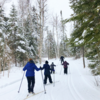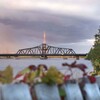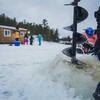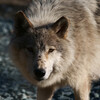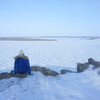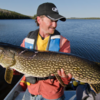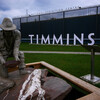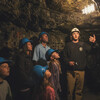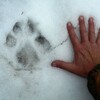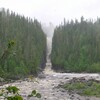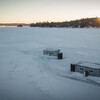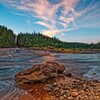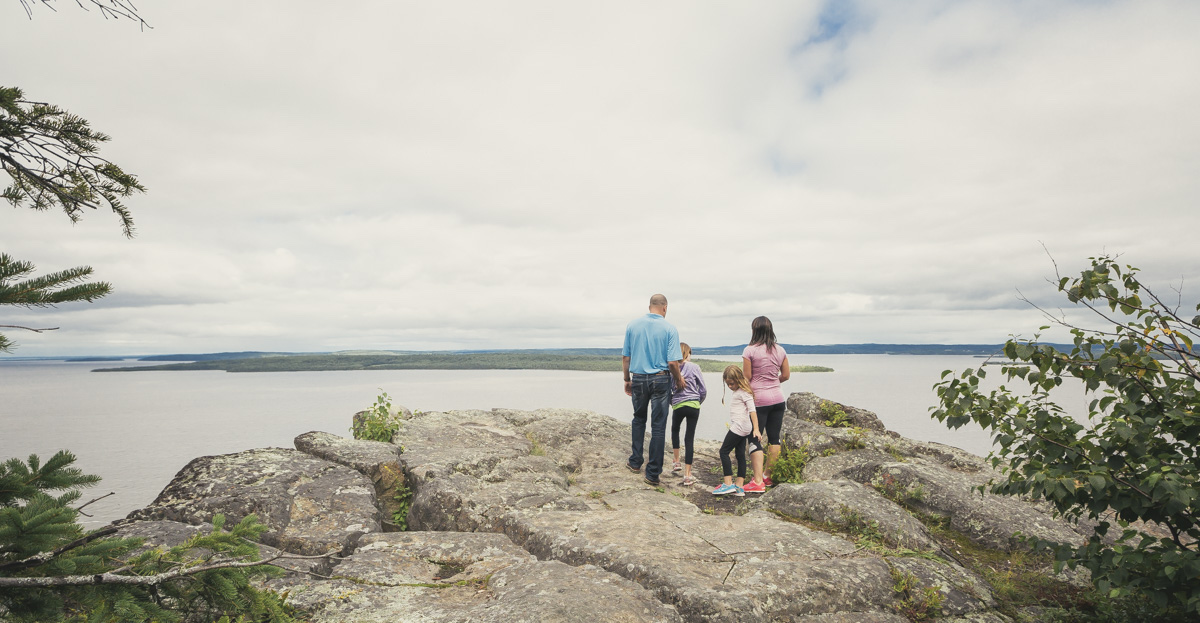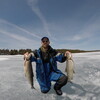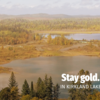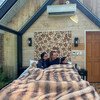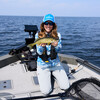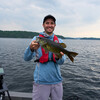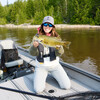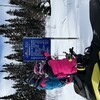
10 Things You Didn't Know About Kirkland Lake

Founded in 1919, Kirkland Lake is a small Northeastern Ontario town of around 8,000. There are easily 100 fascinating facts about Kirkland Lake we could share, but that would make for an awfully long list and spoil some of this historic town's best-kept secrets. So, we’ve honed it down to 10 and you can discover the rest by visiting this gem for yourself!
1. Kirkland Lake was built on gold, by prospectors looking for silver
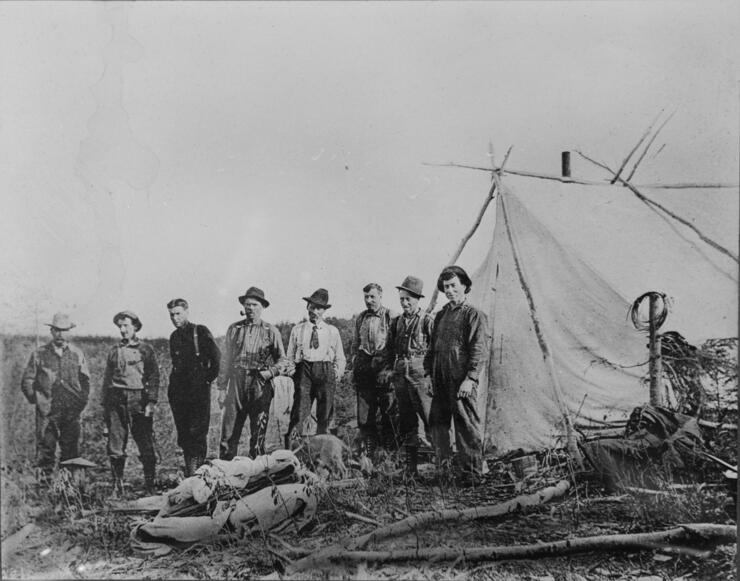
Back in the early 1900s, Northern Ontario was in the midst of a silver rush centred around the small town of Cobalt. A couple of contractors saw sparkling flecks in the rocks of a nearby lake in 1903 and before long, prospectors were rushing from all around the world to stake out the area.
Legend has it one silver mine was founded when a man named Fred LaRose was trying to scare off a fox by throwing a wrench when, lo and behold, that wrench hit silver. Fred’s descendents now own the hardware store in Kirkland Lake.
As the prospectors began branching out to the north, they didn’t always find silver, but they did find gold. Bill Wright is credited with first finding gold in Kirkland Lake in 1911. Before long, there was a sort of miniature Wild West in Northeastern Ontario.
2. Kirkland Lake was named after a secretary (who never even saw it)
The town of Kirkland Lake was technically named after the lake beside which it was founded. That lake was named after Winnifred Kirkland, a secretary for the Ontario Department of Mines in 1907, although Winnifred never visited the region. She would not have known about the town, though, because Kirkland Lake was actually called the Township of Teck until 1972, when it was officially renamed Kirkland Lake.
3. There’s no real lake anymore
If Winnifred Kirkland or her descendents did somehow make it to the town today, they might be surprised to find there’s not much left of her namesake lake. The lake was used as a tailings pond for the booming gold mines throughout the 20th century, and while there’s still water, its original footprint is much changed.
4. But, there are stunning trails and scenery all around

Fortunately there are plenty of other lakes, hills, and other natural wonders in the vicinity that make Kirkland Lake an enticing destination for outdoor enthusiasts, year-round.
Mount Cheminis to the east of Kirkland Lake is one of the most popular nearby attractions: the stunning flat-topped mountain stands 500 metres above sea level, making for a wonderful afternoon hike. Esker Lake Provincial Park is another well-known destination featuring glacial rock formations, plentiful lakes, and boreal forest vistas.
5. The town produces excellent hockey players
Along with gold, Kirkland Lake is famous for producing something else: hockey players. By 1969, the community had turned out over two dozen NHL players!
Hockey Night in Canada’s Foster Hewitt called it "The town that made the NHL famous." You can learn more at Heritage North, Kirkland Lake’s conference and events centre with a lounge and exhibit hall dedicated to the town’s hockey history.
6. Kirkland Lake has multicultural roots and a multicultural future
Due to its origins as a prospecting town, Kirkland Lake attracted a wide range of immigrants, who were mostly from Europe in the early days. There are vibrant Francophone, Ukrainian, Italian, Finnish, and Russian communities as a result.
Today, the Kirkland Lake Multicultural Centre works to build on this tradition of multiculturalism, welcoming newcomers from all around the world who come to work and live in the community.
7. There’s an off-leash dog park dedicated to a baker who died in 1947
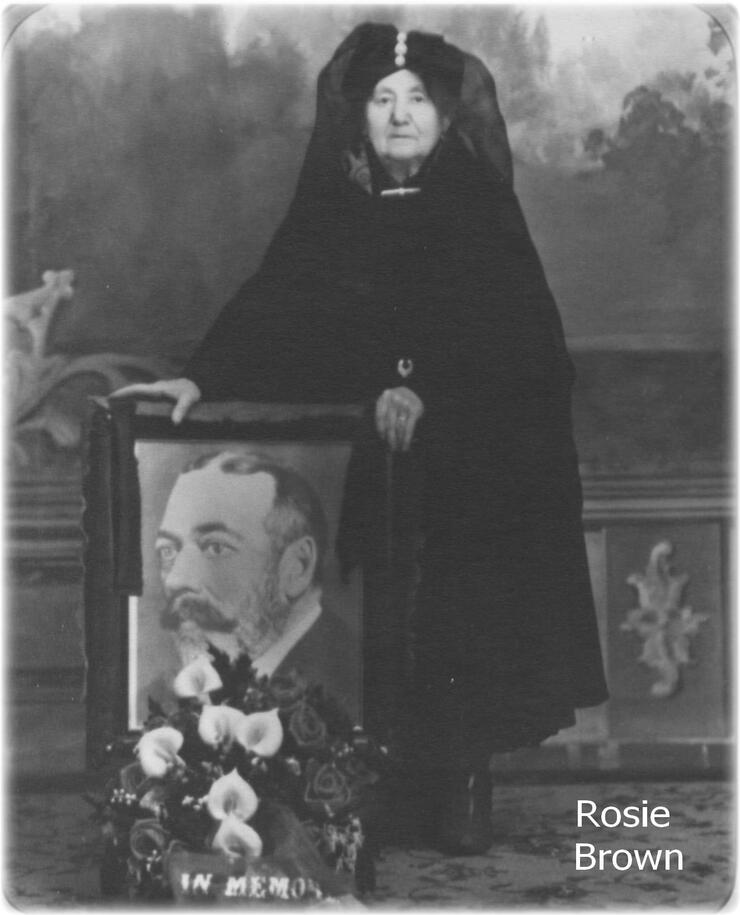
One of Kirkland Lake’s most colourful characters might just be Rosie (or Roza) Brown. A proud monarchist who lived just outside of Kirkland Lake, Rosie did most of the baking for the town. She was the landlady of several rather rundown buildings, attended every opening at the local theatre, and frequently hitchhiked into town… with all of her stray dogs that she collected over the years.
When she died, Rosie willed some property to a young woman on the condition that she care for her dogs for the rest of their lives. An off-leash dog park was fittingly created in her name in 2013.
8. It has one of the longest-running winter carnivals in Canada (and an incredible Homecoming celebration in July)
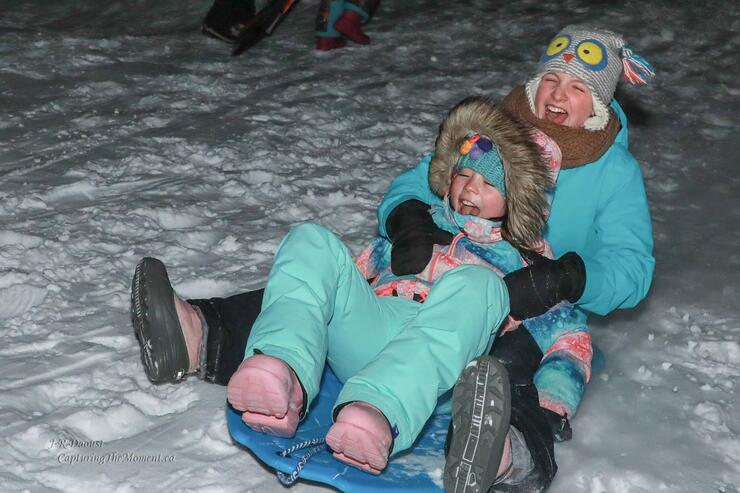
Kirkland Lake’s Winter Carnival runs for two full weeks every winter, from the end of February till the beginning of March. It’s over 80 years old and features a variety of fun including music, sledding, fireworks, and a $50,000 fishing derby! More recently, a summer celebration called Homecoming was added a few years ago.
At first intended to welcome home Kirkland Lake expats, now it draws people from all across the province and even the country because it puts on such an amazing show. Past performers include Bruce Cockburn, The Arkells, and The Tragically Hip. It runs June 28 - 29 this year.
9. Kirkland Lake thrived during the Great Depression, but struggled in the late 20th century
As many resources-based communities can claim, Kirkland Lake has had its ups and downs. Oddly enough, when things were going poorly for the rest of the country (and the world, for that matter) during the 1930s depression, Kirkland Lake boomed to a population of 20,000 because the price of gold didn’t fall. However, in the latter half of the century, all seven of their mines closed, and the town shrank considerably.
10. Kirkland is producing gold again and celebrating its mining roots
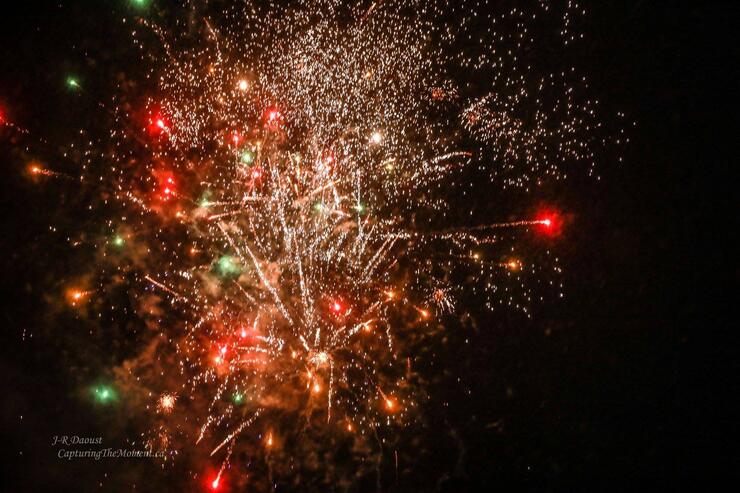
Fortunately, Kirkland Lake is a resilient Northern Ontario town. Over the past decade, they’ve started producing gold again, rescued the last original headframe at the Toburn Mine and turned it into a fun and educational tourist destination, revitalizing the local economy and spirit.
Everywhere you look in Kirkland Lake, there’s bustling activity and exciting plans for the future. One thing’s for sure: when you visit Kirkland Lake, you’ll find something to do. Find out more about the Centennial Celebrations at Kirkland Lake's website here.
Recommended Articles
The Seven's Best Hikes, Biking Trails and Lakes

7 Best Spots to Check Out in The Seven

Budget Bliss: Explore Northeastern Ontario Without Breaking the Bank

Bring Your Fam!

Time to Unwind: 6 Spa Havens to Discover In The Seven
5 Amazing Places to SUP in Northeastern Ontario

5 Amazing Bike Rides to Discover

Northern Lights in Northeastern Ontario

Northeastern Ontario's Best Pride Festivals

Fish for one of the World's Rarest Species of Trout

An Insider's Guide to Manitoulin Island

6 Small-Town Gems to Explore in Northeastern Ontario

11 Best Things to Do in Kapuskasing, Ontario

